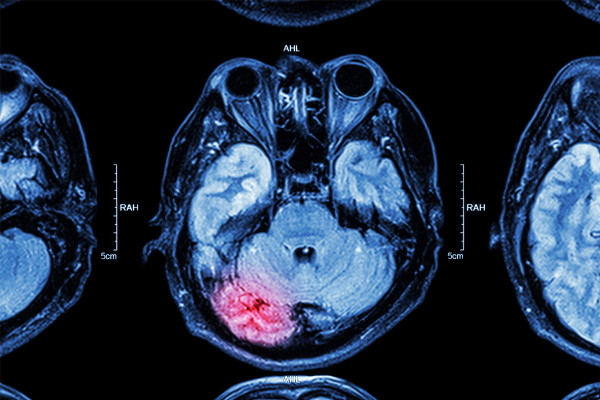I want to receive new articles by email
Progress in Alzheimer’s research
By Jerry Brownstein
Researchers at the Yale School of Medicine (US) have discovered a protein that they hope is the missing link in the search to find a cure for Alzheimer’s disease. Their study was reported in the respected journal ‘Neuron’, and it showed that blocking this protein with an existing drug can restore memory in mice that had brain damage similar to Alzheimer’s. Vincent Coates, Professor of Neurology and senior author of the study, says: “This gives us strong hope that we can find a drug that will work to lessen the burden of Alzheimer’s.”
Previous research had already provided a partial molecular map of how Alzheimer’s disease destroys brain cells (neurons). Simply stated, two molecules (a peptide and a protein) bind together on a neuron to weaken it. The ‘missing link’ that was found in this new study is a way to block the protein molecule so that the neuron stays strong. The leaders of the study stressed that so far this is only effective on mice, and may not transfer to humans. But it does give hope that progress is being made in the efforts to control this debilitating disease.






